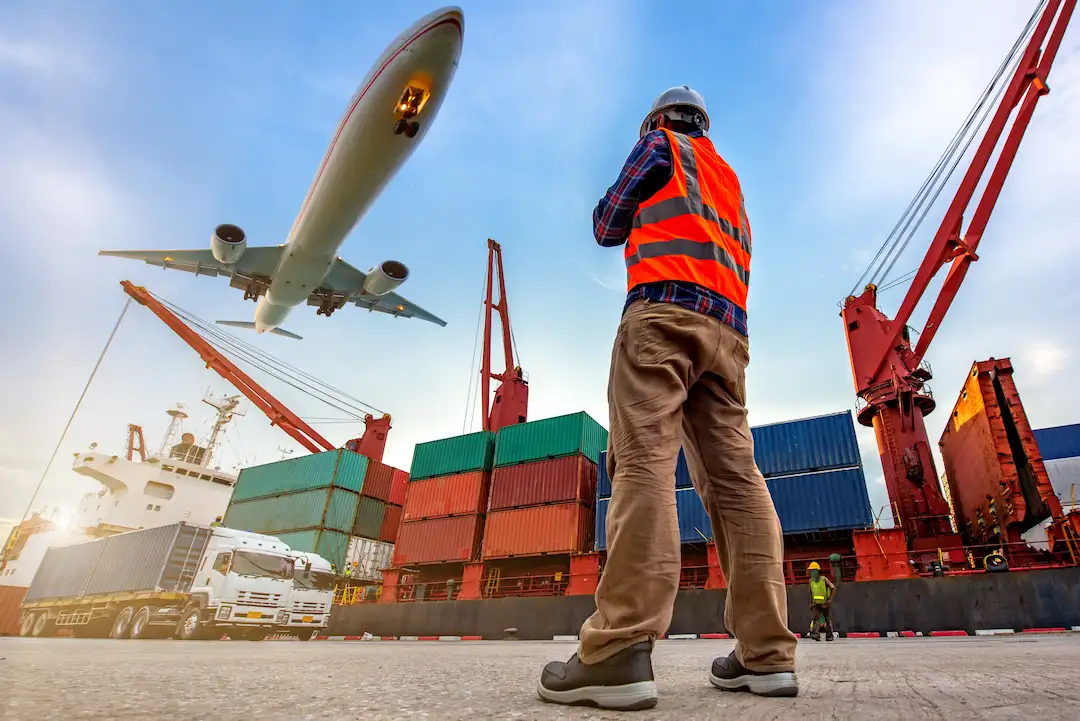
Announcements of tariffs, retaliatory tariffs, who dares who wins negotiations, who cares who wins, to who cares who’s fighting. The speed and brutality of the announcements by Donald Trump has been the most alarming feature in the whole of this circus, with the risk of a full blown trade war looming.
It is widely regarded as an arrogant but counter-productive economic strategy that has been seen for decades.
As one analyst opined : “if you place a clown inside a palace you don’t make a king, you actually turn the palace into a circus”.
The announcements of the tit for tat tariffs have sent world stock markets into a meltdown and these are being publicised every day, further driven by headline grabbers who want to be proven correct at some point in time. At the time of writing the FTSE 100 has fallen by 10.5% in the last month, the S&P 500 by 11.5%, and the Nikkei 225 by 14.35%.
Stock markets are largely driven by six things:
It is fair to say that Trump’s announcements have affected numbers 1-4 hugely, have dampened number 5, and have put company executives under the spotlight with “What will they do next?”
Why though?
Irrespective of the politics behind the “Making America Great Again” campaign what is actually happening is that whether for imports into the US or exports to other countries Trump has effectively raised prices by whatever percentage the tariff is.
The EU has a 20% levy imposed on them, the UK 10%, and China now at a staggering 104% – all countries have retaliated with similar levies against US goods.
So in effect Trump is importing and exporting inflation. Canada had a 25% levy imposed on imports, Canada is a huge importer of car parts (wing mirrors, windscreens, alloy wheels etc) to the US.
In effect the price of a new car has just risen by the 25% affecting those imports.
He has gone so far to even tax The Brook and McDonald Islands, which have a population of no people, not one, not a soul. The only things that live there are penguins – the islands are Australian owned and use the penguin droppings to produce fertiliser which is imported to the USA. In essence Trump is taxing Penguin waste.
Andy Oliver, Private Client Consultancy's CEO
So a new car now costs more in the US, inflation is forced up, central banks now find themselves between a rock and a hard place on whether to raise interest rates to curb inflation or to lower them to stoke demand.
Jaguar Land Rover took the decision to stop imports temporarily to the USA – the reduced production of cars built to import has idled some factories. If the decision proves permanent then there will be redundancies which starts to push economies towards recession. Stellantis, the carmaker which owns 14 different brands with Maserati, Alafa Romeo, and Chrysler in their stable, has already idled factories in both Canada and Mexico and has laid off 900 US workers who made parts to supply those factories.
Other examples are that an iPhone suddenly became 20% more expensive in Europe, so does Netflix, so does Spotify subscriptions, so do ALL US goods and services.
So, we now consider what individual companies do?
Take the UK pharmaceutical industry as an example. Their biggest export of their drugs is to the USA totalling a value of £7.4 billion a year. The vast majority of the manufacture of these medicines is in China. Prices now with a 104% tax. One solution – cut costs by 104% if you manufacture in the US.
Will Trump stop and listen to overwhelming opinion that the tariffs are a bad thing? Not in my view.
He has gone so far to even tax The Brook and McDonald Islands, which have a population of no people, not one, not a soul. The only things that live there are penguins – the islands are Australian owned and use the penguin droppings to produce fertiliser which is imported to the USA. In essence Trump is taxing Penguin waste.

Lets consider why this strategy: If, and it’s a big if, manufacturing is moved to the US then trillions will be raised each year for the US economy.
This hands Trump a war chest to dish out tax cuts just in time for the next election.
It also paves the way further into the future for tax rises as and when more revenue is needed to fund projects in the future.

Investors have become extremely pessimistic amid uncertainty that companies face.
The VIX index, which gauges investor sentiment and is sometimes referred to as the “fear gauge” has shot up by 143% in the last 6 months. The uncertainty has sparked a sell off of shares as growth prospects, profitability, and dividends are questioned.
The only good news for investors is that we’ve been here before – 1987, the dotcom crash, World banking crisis in 2008, COVID in 2020, and now Trumponomics.
Every time, markets have recovered and continued their march onwards and upwards. If someone had invested $1000 in the Dow Jones in 1985 and left it there they would now be sitting on an increase of 2,874%. Or in other words, their $1,000 would now be worth $2,874,000.
One way to look at this mess is that shares just got a lot cheaper and that global company ownership is on sale!

UK State Pension update for EU residents
From April 2026, the rules around voluntary National Insurance contributions for people living outside the UK are changing.
If you live in the EU and expect to rely on the UK State Pension, it may be worth reviewing your position while current options remain available.
Get notified about new articles, latest changes and much more